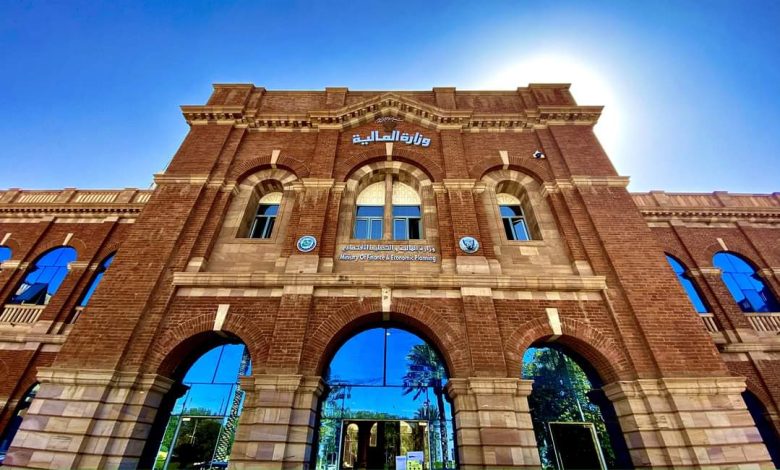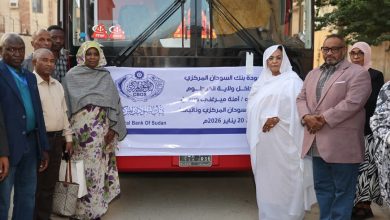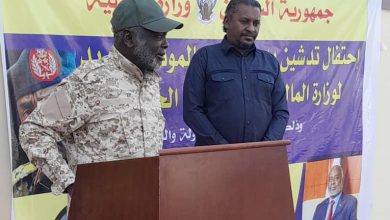
Sudan Events – Rahab Abdullah
The Ministry of Finance and Economic Planning issued an order on Wednesday regarding the collection of revenues for the 2025 budget, addressed to all ministries and government units. The order instructs ministries and government units to comply with the prohibition of diverting or mishandling revenues, and to prepare monthly performance reports, which must be submitted to the Ministry of Finance no later than the 15th of the following month.
The order also emphasized the need to adhere to three laws, including the 2007 National Audit Bureau Law, the 2007 Financial and Accounting Procedures Law with its 2011 regulations, and the 2010 Internal Auditing Law for State Agencies.
The issued order from the Ministry clarified that the 2025 budget is based on the Ministry of Finance’s oversight of public funds, and the mobilization of resources from various sources to be spent on priorities aimed at achieving political and social stability, strengthening internal and external security, and enhancing an economic approach based on self-reliance.
The order noted that the key directives and policies for the 2025 budget include increasing public revenues from various sources and improving collection efficiency through the use of electronic collection systems and other electronic methods. The order states, “Accordingly, we request the collection of national revenues for the year 2025 to begin from January 1, 2025, in accordance with various electronic systems and payment methods, while suspending cash revenue collection, as follows:
1. The Customs Department and the Tax Bureau are to collect tax revenues according to the categories specified in their respective laws.
2. Ministries and government units are to start collecting fees according to the approved fee categories for 2025.
3. Ministries and government units that have not yet approved their fees for 2025 are to continue collecting service fees according to the approved fee categories for 2024 until the 2025 fees are approved.”
The order also instructed ministries, government units, the Customs Department, and the Tax Bureau to promptly deposit the collected revenues into the national revenue accounts at the Central Bank of Sudan. The accounts are numbered (28) for local currency revenues, (33) for foreign currency revenues, and the Ministry of Finance accounts in commercial banks, including Faisal Islamic Bank, Omdurman National Bank, Al Baraka, Agricultural Commercial Bank, and Bank of Khartoum.



